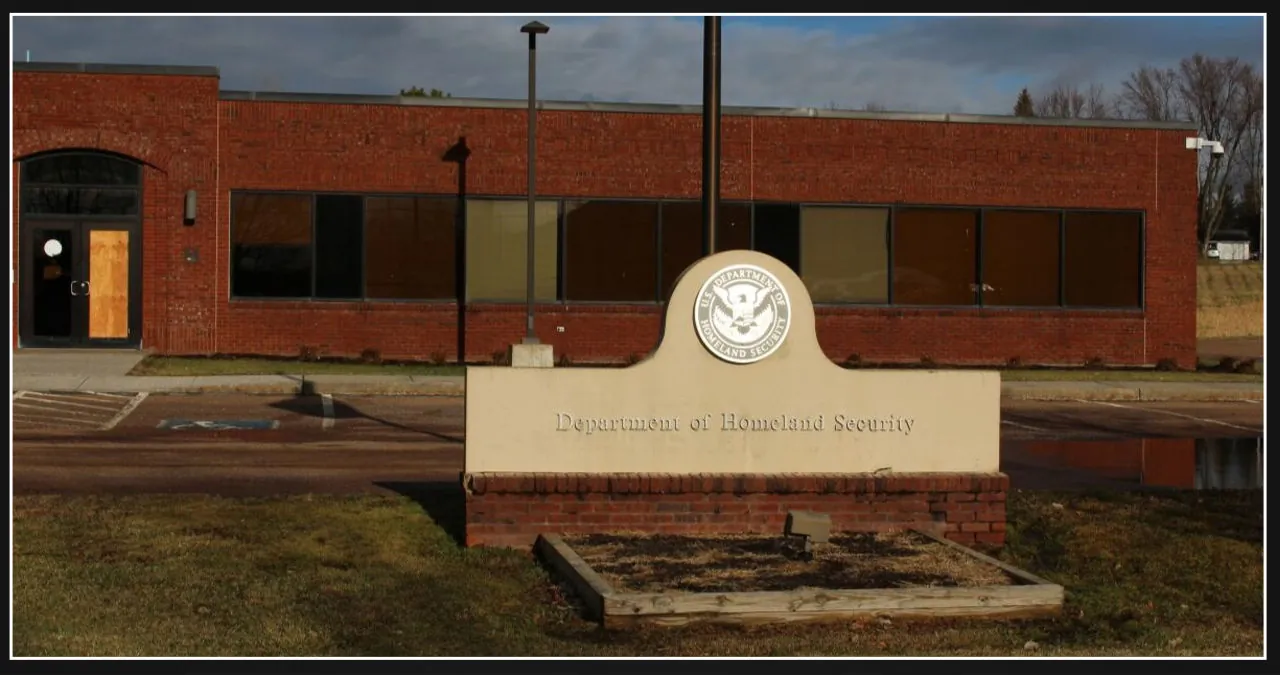Interpreters working with immigrant communities in Vermont have noticed that these communities are becoming more aware of their rights, despite their skepticism about whether those rights will be respected in the event of mass deportations under President-elect Donald Trump.
The Biden administration seems to be on track to deport a similar number of undocumented individuals as the first Trump administration did, which is around 1.5 million. However, the “border czar” of the second Trump administration recently stated in an interview with CNN that their goal is to apprehend as many individuals as they possibly can.
The Vermont Language Justice Project has released videos in six different languages to address the president-elect’s plans. These videos aim to inform individuals about the boundaries and limitations that law enforcement and immigration authorities must adhere to according to the law.
“We are committed to providing every community with the necessary information to safeguard themselves and their loved ones,” stated VLJP in a recent release.
The American Civil Liberties Union has provided valuable information in their new videos. These videos highlight important facts, such as the right to remain silent and refrain from discussing immigration or citizenship status with authorities. Additionally, individuals have the right to refuse entry to law enforcement officials into their homes unless specific warrants are presented.
Marelyn Saam, a Colombian interpreter who has been living in the U.S. for almost a decade, is responsible for the Spanish-language video that has garnered nearly 350 YouTube views in just 10 days. Saam, deeply connected with Latino immigrants across the state, ensures effective communication and understanding.
Saam expressed that when he shared the video with individuals in his community, a common question arose: “How reliable is this information?”
She mentioned that she is collaborating with individuals who are dealing with complex legal matters.
According to Saam, individuals need to assert themselves and firmly state, “I will not allow you to enter my home.” However, many people do not feel empowered to exercise this option, as they doubt whether their boundaries will be respected.
According to her, the younger generation tends to have more trust in the information compared to the older generation.
Saam emphasized the importance of consistently reiterating the information and establishing trust with the audience. “We need to continue reinforcing this message and building connections so that they have confidence in our words,” Saam stated.
Saam explains that trust has become a barrier due to immigration status. In the aftermath of the presidential election, individuals in her community began to feel apprehensive about engaging in conversations with her.
Saam expressed his heartbreak when he inquired about the reasons behind their feelings. They explained that he was a legal individual, but not in the same condition as them. They believed that if he couldn’t relate to their situation, his involvement could potentially harm them. This response left Saam devastated.
Lili Feng mentioned that the Chinese immigrant community in Vermont is also experiencing a heightened sensitivity towards the rhetoric surrounding deportations from the incoming Trump administration.
The Vermont Language Justice Program serves Chinese communities, and according to one of its members, the people she interacts with are typically dedicated to their work, often managing restaurants, and ensuring their children receive a quality education.
Recently, Feng has noticed that community members are expressing a growing concern about the uncertainty of the future.
She expressed her thoughts on the current environment, describing it as highly uncertain.
Feng pointed out that the Biden administration’s deportation of undocumented Chinese immigrants, along with Trump’s promise to impose tariffs on China, Mexico, and Canada, are contributing to the prevailing sense of uncertainty.
“People feel scared when they encounter such language and things,” she emphasized.
The Mandarin-language video titled “Know your rights with ICE,” published by the Vermont Language Justice Project a few weeks ago, has been making a positive impact. Feng noted that it has garnered over 400 views on YouTube and seems to be alleviating fear among viewers.
According to her, individuals from the Chinese immigrant community in Vermont have been rewatching the video multiple times and taking notes to ensure they are well-prepared.
Feng emphasized the immense power of education and information, stating that they serve as formidable weapons.
Explaining how the institutions in the United States differ from those in China is a crucial aspect of informing people about their rights, according to Feng. In the U.S., there is not just one political party; rather, multiple parties exist. Additionally, different branches of government are responsible for holding each other accountable, promoting a system of checks and balances. Another noteworthy distinction is the independence of media outlets in the United States.
“The country we came from, more like just one party, one government,” Feng said. “So the people really just listen to government… whatever they ask you to, you just do it. You don’t even think of what kind of right you have.”
In the United States, it is evident from the video that people have legal rights, irrespective of their immigration status, as acknowledged by her.







Leave a Reply